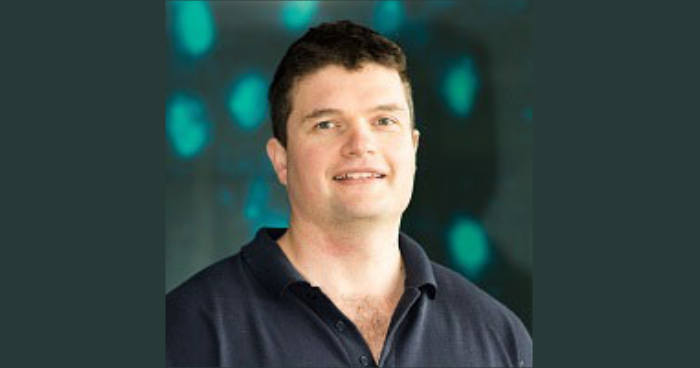Engineering better therapeutics for people with treatment-resistant depression
People with treatment-resistant depression may have access to more effective, customised treatment in the not-too-distant future, thanks to ground-breaking research being undertaken by Associate Professor Andrew Zalesky.
Associate Professor Zalesky is studying high-tech psychiatric therapies based on electrical and magnetic brain stimulation techniques. His fundamental research on the human brain in health and mental illnesses will contribute to a better understanding of brain networks and aid in the development of brain stimulation therapeutics for people with treatment-resistant depression.
Associate Professor Zalesky was recently awarded The Rebecca Cooper Fellowship by the Rebecca L. Cooper Foundation, and will receive $1.35 million over five years to extend his research.
The multidisciplinary research program focuses on characterising individual variability of the human brain in people with psychiatric illness and harnessing this variability to engineer methods for personalised delivery of targeted, brain-based therapeutics.
“Once we can map the enormous individual variability in the structure and function of brain circuits, we’ll be in a better position to develop targeted treatments that are precisely directed towards a patient’s dysfunctional circuitry,” Associate Professor Zalesky said.
The new knowledge gained from these studies could lead to improved outcomes, reduced distress and enhanced quality of life for individuals with treatment-resistant depression.

“Many existing brain-based treatments are delivered using a one-size-fits-all approach, potentially leading to treatment of the wrong brain circuits in some patients and explaining why some patients respond poorly to treatment.”
Associate Professor Zalesky's and Dr Robin Cash's personalisation technology was recently approved by the Therapeutic Goods Administration and licenced to the Queensland Neurostimulation Centre. The cutting-edge technology has improved the accuracy and reliability of the Centre's brain stimulation therapies, which are now used to treat individuals with treatment-resistant depression.
With a PhD in electrical engineering and formal training in applied mathematics, Associate Professor Zalesky brings a unique perspective to neuroscience. By analysing the brain with an engineering mindset, he has developed novel approaches to understanding the network organisation of the human connectome in health and disease.
Ranked among the top one per cent of researchers worldwide, according to citations to his work, Associate Professor Zalesky also leads the Systems Group at the University of Melbourne and serves as an Associate Editor for Network Neuroscience, Brain Topography and Neuroimage Clinical.
Associate Professor Zalesky is jointly based within the Department of Biomedical Engineering in the Faculty of Engineering and Information Technology and the Department of Psychiatry in the Faculty of Medicine, Dentistry and Health Sciences.